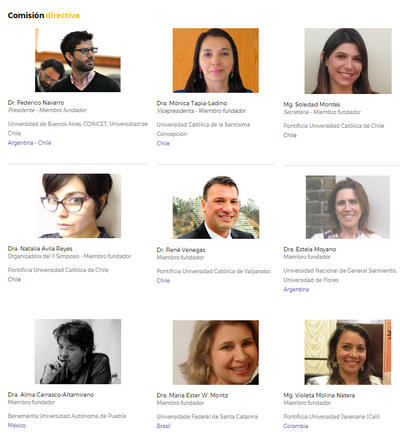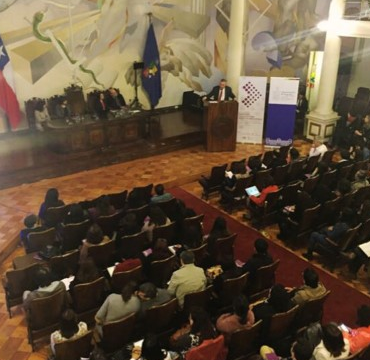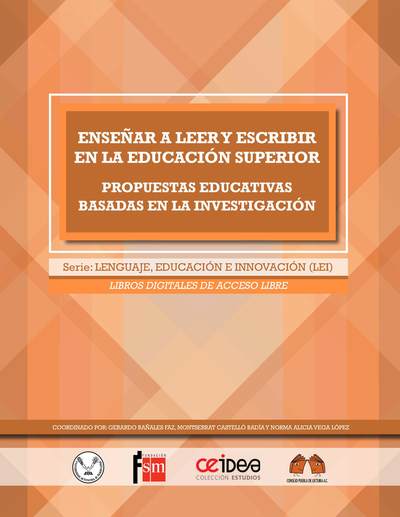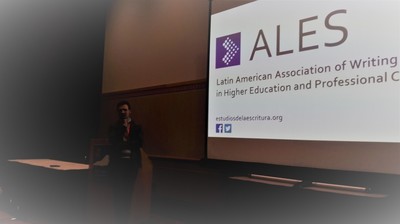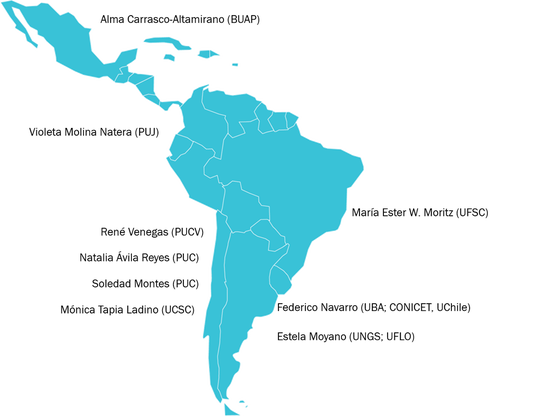|
ALES is a non-profit, scholarly, and democratic organization that stimulates theoretically informed and methodologically sustained writing research and writing teaching initiatives in higher education and professional contexts through the creation of a specific disciplinary space and a collaborative, critical mass of researchers and professors from various disciplines.
|
Become a member
News
Founders
Mission |
Vision |
|
To collaborate with inclusivity and quality in Higher Education and with the scientific and technological development of Latin America, mentoring initiatives that are linked with academic and professional writing, as well as promoting the conformation of a specific disciplinary space.
Core concepts● Writing is essential to education, social participation, and scientific and technological development;
● Writing is a complex technology that integrates multiple dimensions (historical, cultural, cognitive, affective, rhetorical, linguistic, normative, etc.) and requires the development of multiple skills and strategies; ● Writing promotes critical thinking and transformation of knowledge and interpretations of environment; ● Writing requires an informed instruction based both on a linguistic and a pedagogical theory; ● Writing is a situated activity, reliant on cultural context and specific situations. |
To become an institution that encourages the development of higher education and professional writing studies as a scientifically valid field, with its own theoretical, methodological, pedagogical and administrative proposals; adopting an eclectic, decolonial and Latin American perspective, along with a critical mass of specialized researchers and professors.
Purposes● To stimulate regional, interdisciplinary research and pedagogical collaboration through the creation of communication channels among its members and network of institutions, along with other regional, national and international organizations;
● To promote the socialization of research and experiences through the celebration of biennially-held regional scientific meetings, along with national meetings; ● To boost theoretical and methodological developments of the discipline through an eclectic, decolonial, and Latin American perspective, that connects critically with the developments of other regions; ● To foster systematic, replicable, data-based research that enables the construction of a body of certified scientific knowledge in the area with consensual standards. ● To acknowledge the pedagogical initiatives and scientific products developed by its members through nominations and biennial awards. |


